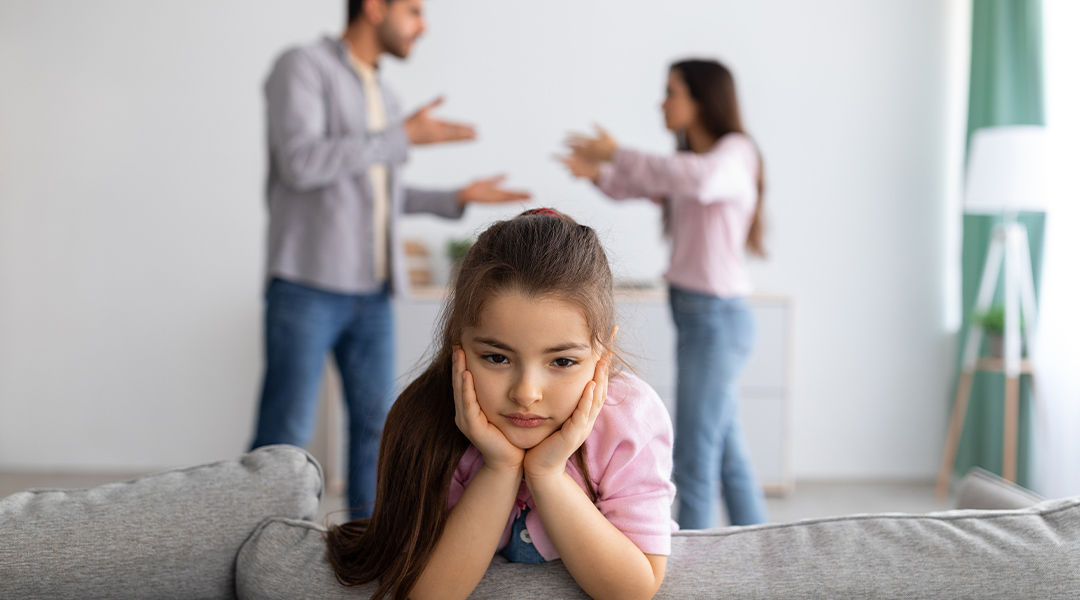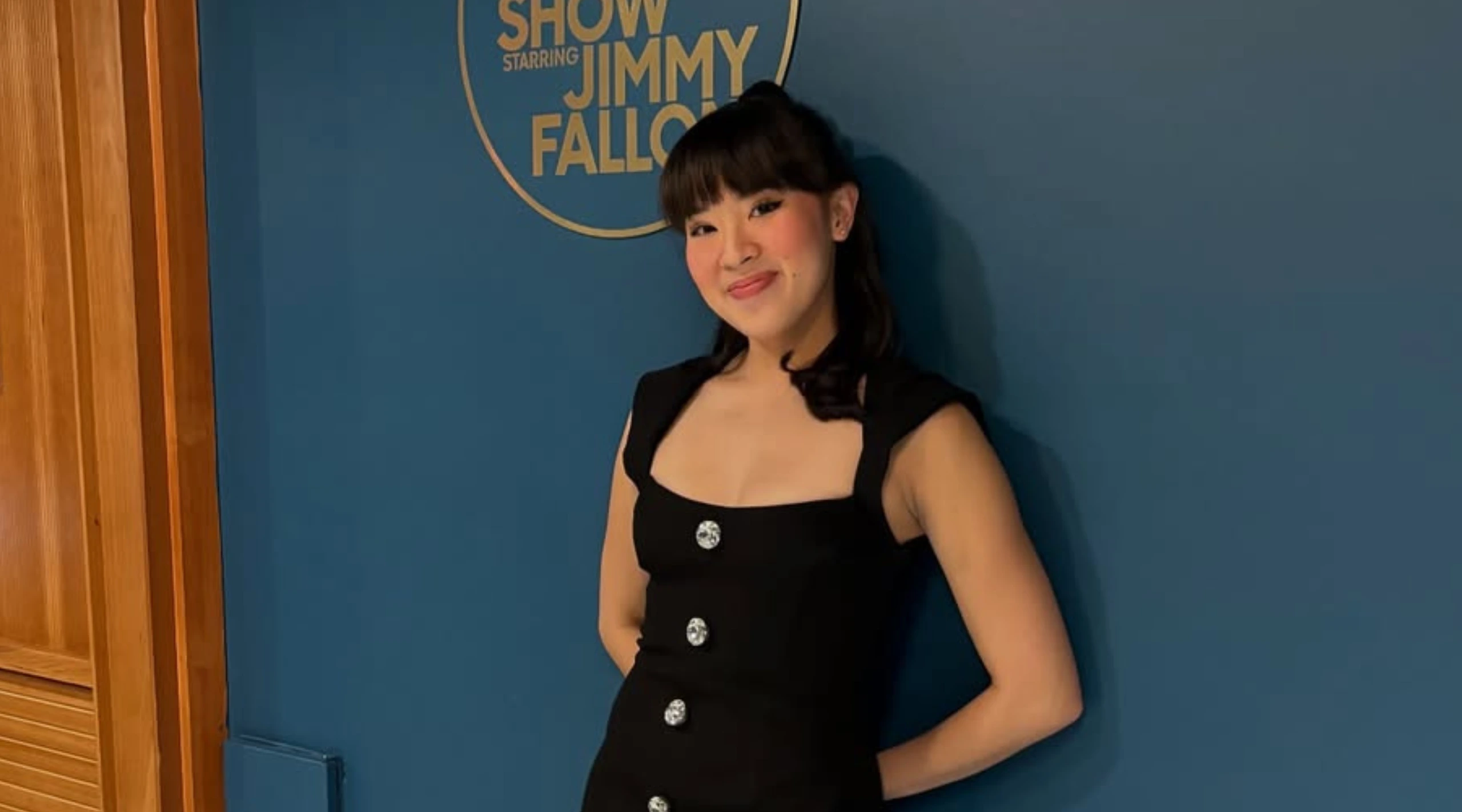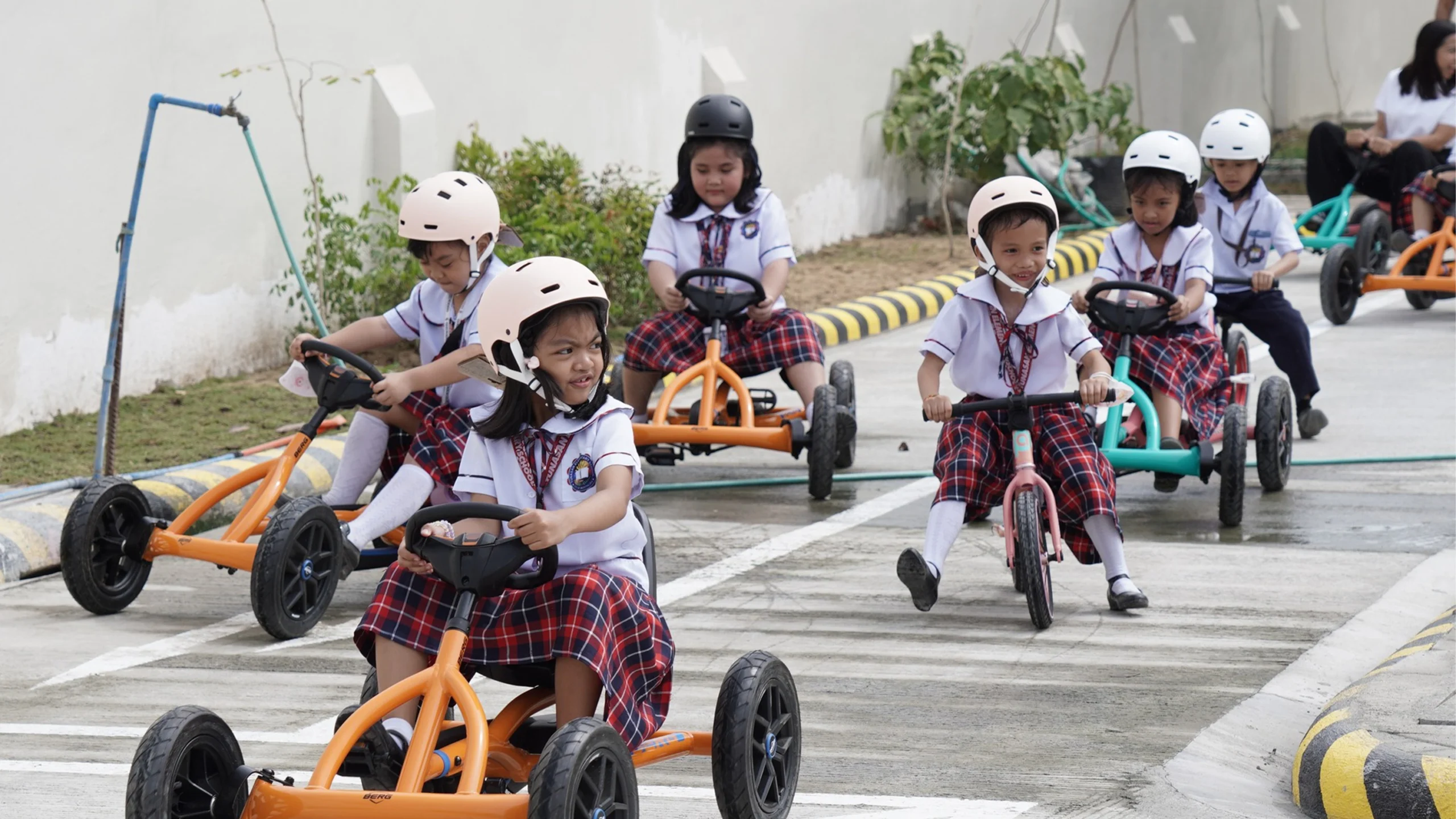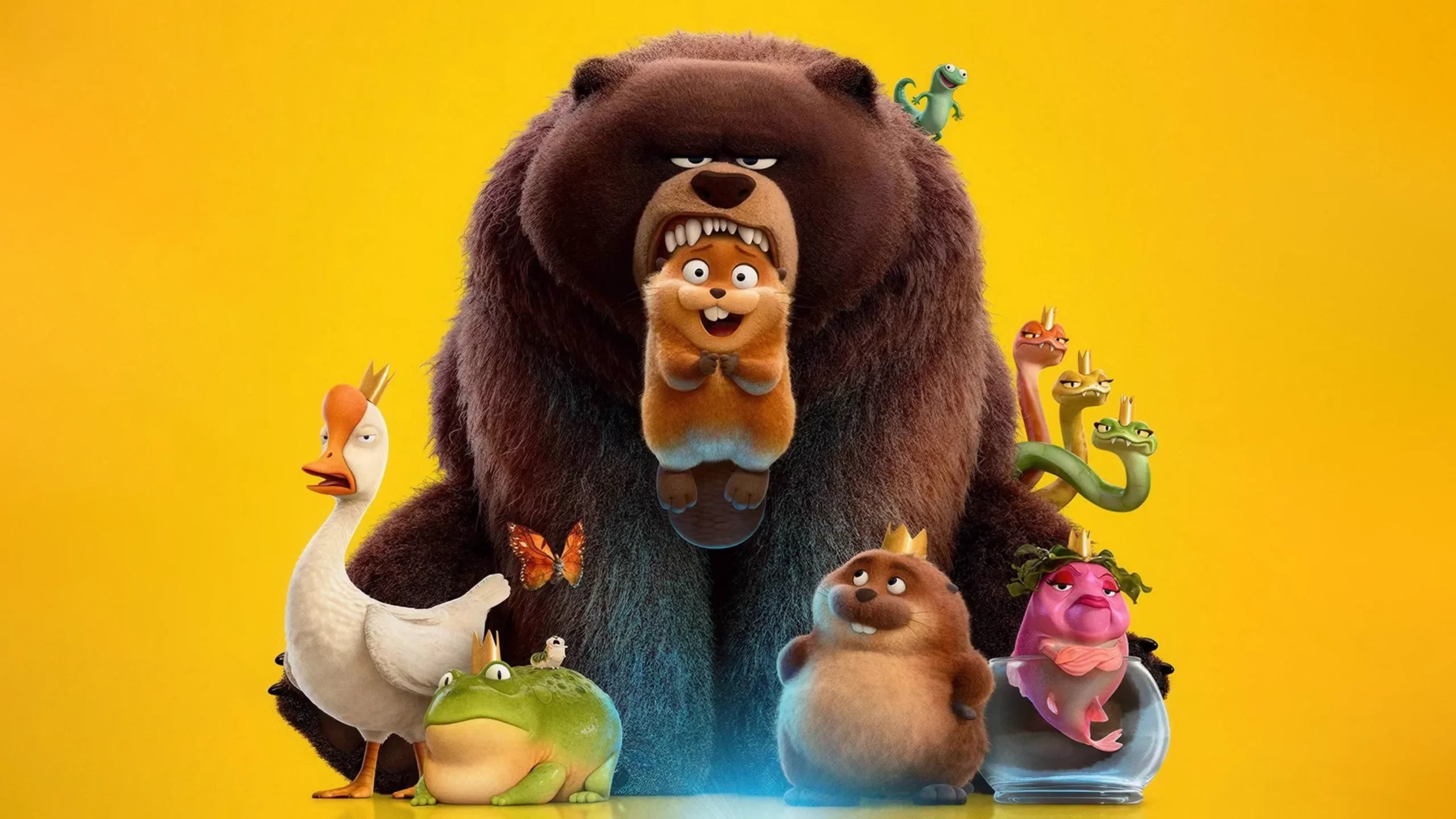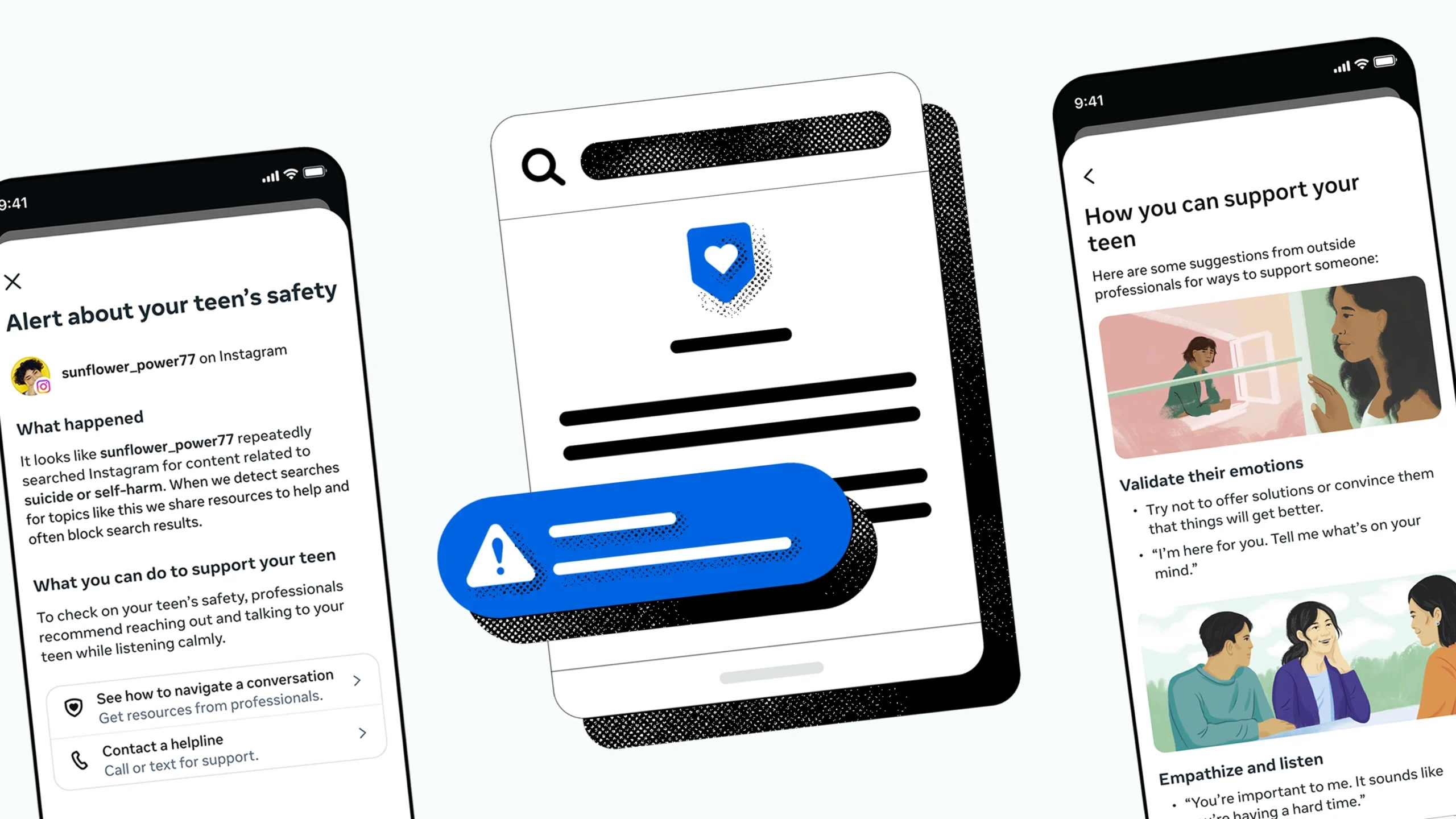Never Say These 7 Things To Your Kids!
There are just some things that should never be said to your kids.
Being eloquent isn’t just for public speaking but also for raising our kids. Sometimes, parents don’t have the patience but in raising kids, patience is needed. It doesn’t have to be instant. It just has to be the right thing to say. While there are a lot of things to say to our kids, here are the thing things we should NEVER say to them.
1. “Don’t cry.” / “Stop crying!”/ “Shut up!”
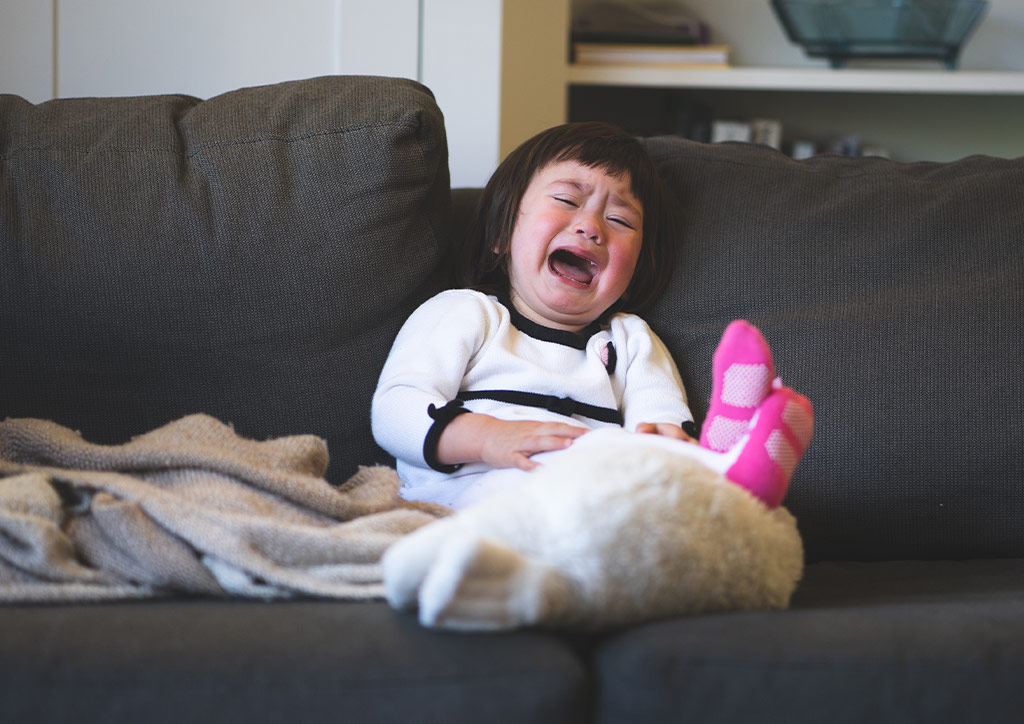
While the noise can be frustrating and irritating, the last thing we should tell our kids is to “stop crying!“. Commanding a child while they’re clearly stressed out by something gives them something, even more, to stress about. Instead, say something like, “Hey, why the tears? What’s going on? How can I help you?” This teaches them that you’re there to listen and to be more problem-centric.
2. “Perfect score?”

Perfect scores are nice to see on quizzes and tests especially now that colleges are more focused on looking at our kids’ grades. While it does sound encouraging, it also adds unnecessary pressure when the child doesn’t get a perfect score. Instead, say something like, “Take it slow, take it easy. And give it your best!” That way, the child won’t feel being perfect is the minimum.
3. “Because I said so!” / “Basta ganyan!”
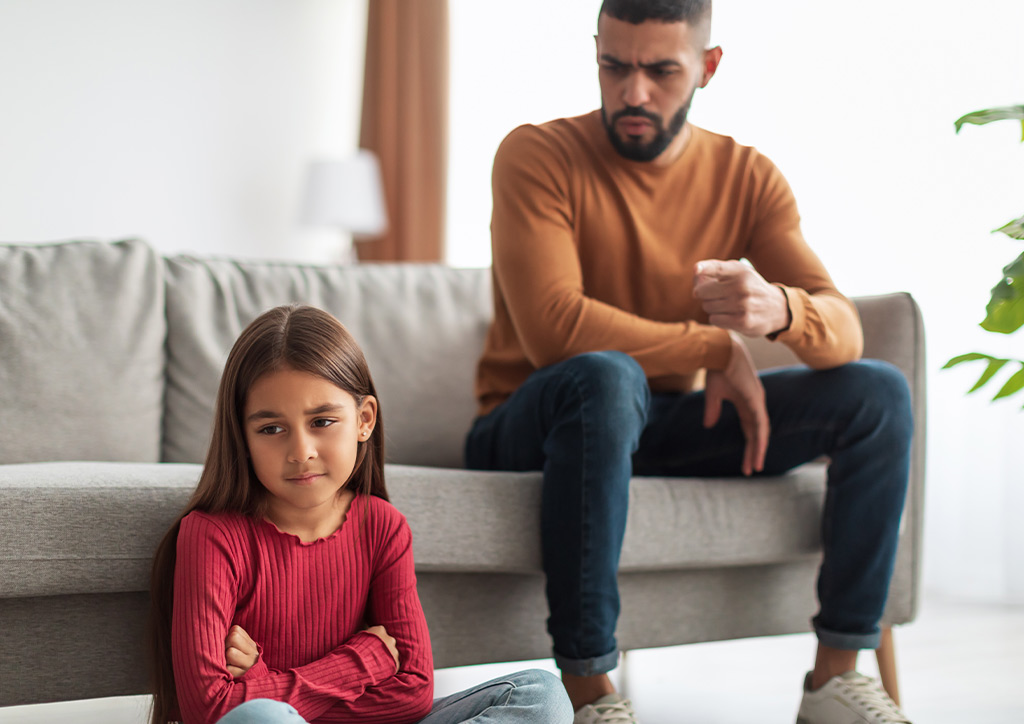
We’re not always in an explaining mood but if we want our kids to be more open in telling us things, this is the last thing to tell them. This statement has a note of finality and it’s often translated from the Tagalog version, “Basta!” which crudely translates, “That’s how it is!”. Instead, ask them: “What aren’t you sure of? Is there something you want mom or dad to explain?” That’ll give them a chance to communicate and us a better chance of finding out what the problem is.
4. “I’ll do it!” / “Ako na nga!”
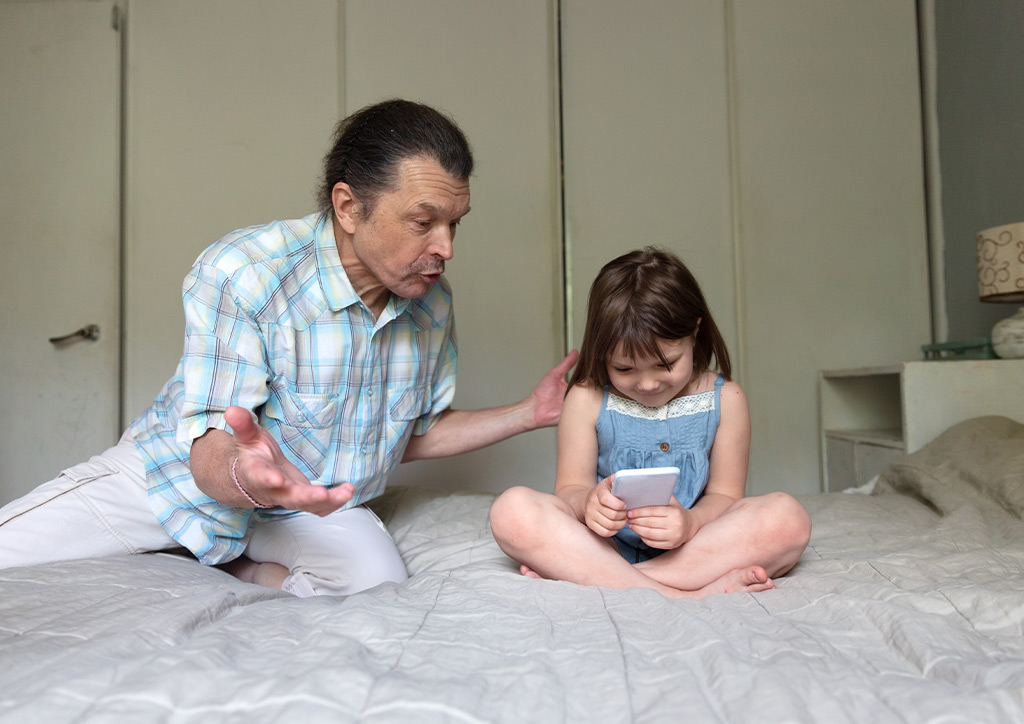
In Tagalog, we usually just say, “Ako na nga!” then mutter a whole string of other things. Unfortunately, this can make a child lose self-esteem. They feel that they can’t do it and at the same time, they’ll become more dependent on us. Instead, say, “Is there anything you need help with?” or “May kailangan ka ba?” or “Would you like me to help you?”. This gives kids a choice to either be independent or learn from someone more skilled.
5. “Don’t worry, everything will be okay.”
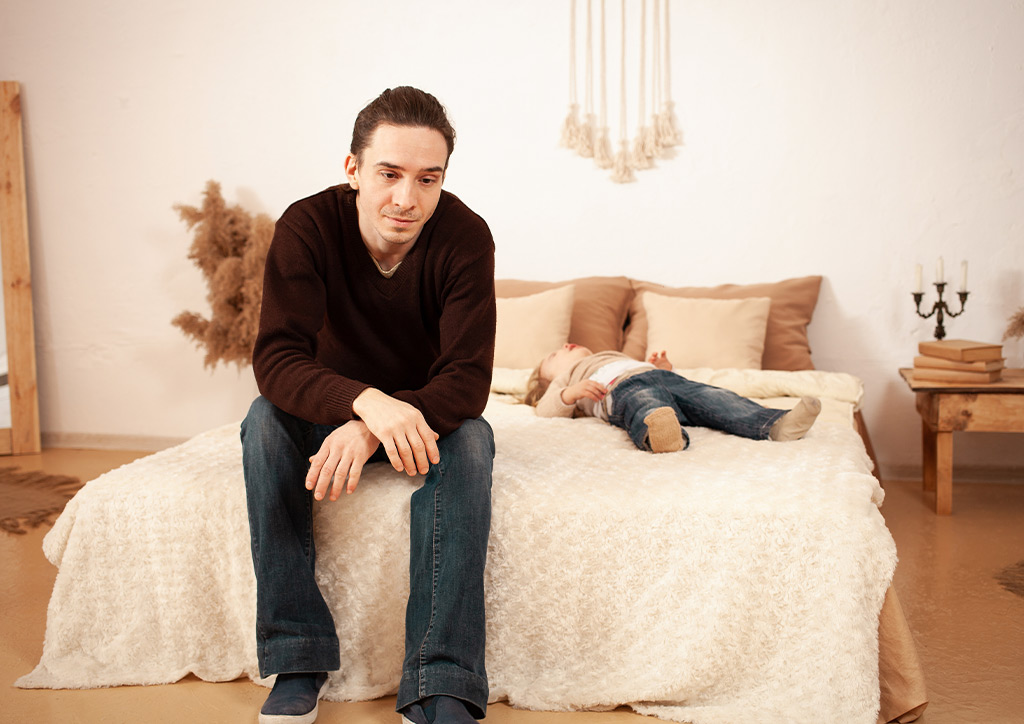
Unfortunately, this is not a good thing to say to kids especially when it’s blatantly obvious that the situation is not okay. The best thing to do is validate first that it’s bad. Something like, “Yeah, that does look bad.” or a “Yikes!” is also an okay thing to say. It shows our children that they’re not crazy. But, always follow up with an “Okay, it looks bad but we can fix this”. Saying that we can fix this allows our kids to think of more solutions than all the bad stuff that’s happening.
6. “Why can’t you be more like (insert person’s name here)?” / “Si ganito…ba’t ikaw hindi?”
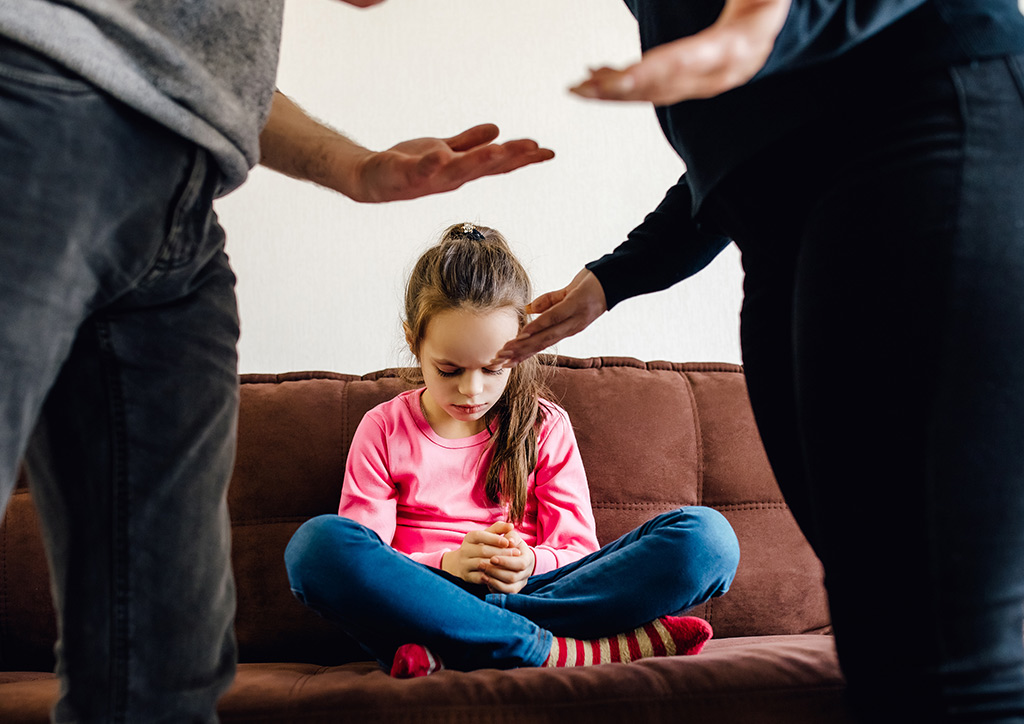
Comparing kids to other kids seems to be a reactive behavior on most parents’ parts but this can make a child feel extremely unwanted. Constantly comparing them to other kids will make them feel that they’re never good enough for the parent especially when one’s more celebratory when that particular kid achieves. Instead, say something like, “We all have our own thing.” / “Kanya-kanya lang yan.” This helps your kid acknowledge that they can be successful in their own way.
7. “I raised you better than that!”

Unfortunately, this kind of statement passes the buck of responsibility to the child. It tells them that they’re responsible for your self-esteem as a parent which shouldn’t be the case. If they make a mistake, you can tell them things like, “Okay, let’s talk about it over here,” or “What happened back there? This isn’t like you.” It teaches kids to reflect and think about what happened instead of making them feel responsible for our self-esteem and self-efficacy as a parent.
There’s a lot to never say to our kids
There’s a whole bunch of things not to say to kids but these are possibly the most damaging ones. Even though sometimes, we say these things out of impatience and loss of words and we don’t mean them— our kids don’t know that. Communicating what we actually mean is the biggest challenge in parenting and this is one of the reasons why we take language classes in school even if we grew up on the language: learning how to communicate properly.
Other stuff about raising kids? Here are more!
How Parents Can Help Kids Process Their Grief
Gaslighting: What It is and How Parents Can Avoid It
Maxene Magalona Gets Real About Childhood Trauma and Its Effects on Adulthood
